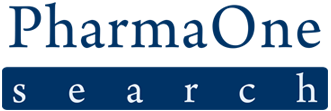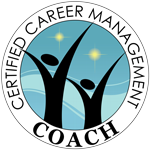Making a stellar first impression during any face-to-face meeting is key to moving the process forward.
Here are five (5) “sure-fire” DO’s to make your positive impact in the interview:
1. Make eye contact, smile, give a firm handshake, and anticipate the first question with a solid answer. These simple first steps relax the nerves for both parties.
2. Engage in collaborative conversation. The comfort level of the interviewer and his/her control of the interview promotes a positive atmosphere.
3. Be prepared to briefly explain a study/project that captivates an influential result or achievement that YOU controlled or for which you received credit.
4. Adjust your personality to make the interviewer feel in control. If you both get off topic and it’s the interviewer’s lead, go with it; but you be the one to bring the conversation back on track to continue the intended purpose of the interview.
5. Conclude by listening for “buying signals”. For example, “when can you meet with the rest of my team?” or “I would like you to come back next week to meet with my colleague(s).”
Now, you’ve made an impact! Consider these DON’Ts when preparing for an interview:
1. Never appear you are “running away” from your current company. If it is a bad situation, don’t let it influence your responses to the interviewer. Be positive about why you desire this new position.
2. Avoid giving yes and no answers. If an interviewer asks a closed-ended question, respond with “yes, but let me tell you….” Always respond with a brief, but informative answer.
3. Don’t look at your watch or the wall clock. Doing this promotes a feeling of “I’m not interested” to the interviewer. If you are late for your next interview, so what. The schedule will always vary somewhat so relax and concentrate on scoring points with the person across the desk.
4. Don’t leave until you have thanked your interviewer. His/her time is valuable. Offering a thank you means you are sensitive to the time and energy the interviewer has given you. That’s appreciated.
5. Never fail to make direct eye contact when the interview is over. That last glance and impression will stay with the interviewer if he/she is deciding to invite you back for the next round, or even make you an offer.
These simple, yet important steps can lead to landing that job you really want. You’ve got the experience, the skills, the desire for the job. Now go make a great impression!

